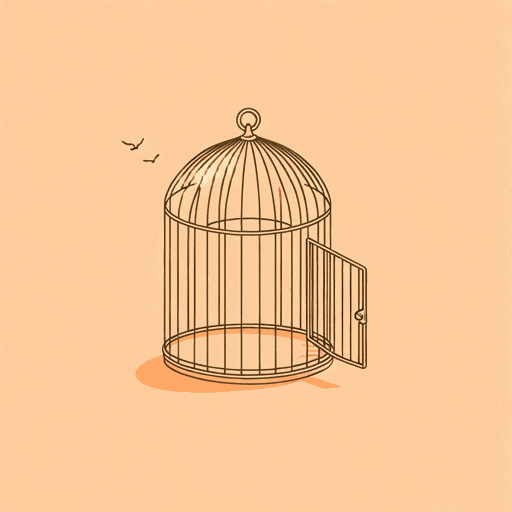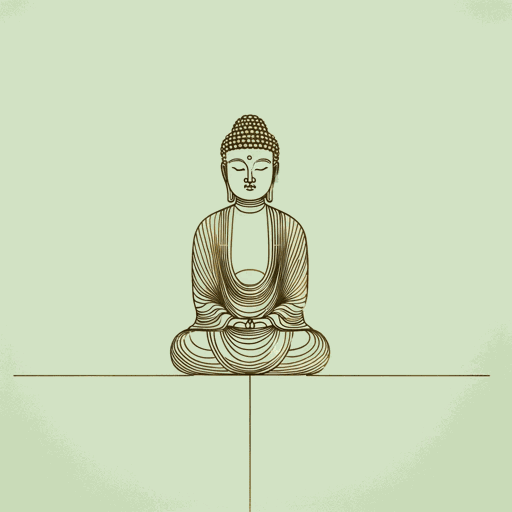29 pages • 58 minutes read
Julie OtsukaWhen the Emperor Was Divine
Fiction | Novel | Adult | Published in 2002A modern alternative to SparkNotes and CliffsNotes, SuperSummary offers high-quality Study Guides with detailed chapter summaries and analysis of major themes, characters, and more.
Symbols & Motifs
Blindness
Otsuka creates a motif related to diminished or obstructed sight, including the mother’s new glasses in the first chapter, the window shades on the train, and the recurring scenes of night and darkness in the long chapter at the camp. The family members are always trying to improve their vision, reclaiming their ability to see by using the corrective lenses, sneaking peeks through the train shades, and focusing on the light of the moon.
Otsuka also poses the question of whether the white Americans in the community are similarly struggling against blindness. They certainly ignore the suffering of their Japanese American neighbors, as exhibited in refusing to object when they are initially taken away to the camps and in refusing to even make eye-contact with them when they return. It’s an open question as to whether this blindness of the white Americans is willful or not.
A related theme to the theme of blindness is invisibility: the family, and Japanese Americans more broadly, have the experience of being invisible to their own society when they are the objects of the white American’s blindness. Being invisible is tied to the erasure of their identities, as captured in both their numbering as detention center residents, and in their daily erasure into the string of stereotypes that 







Related Titles
By Julie Otsuka


